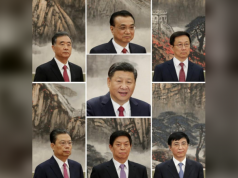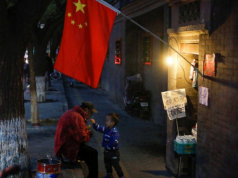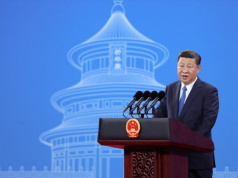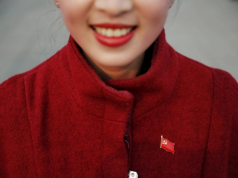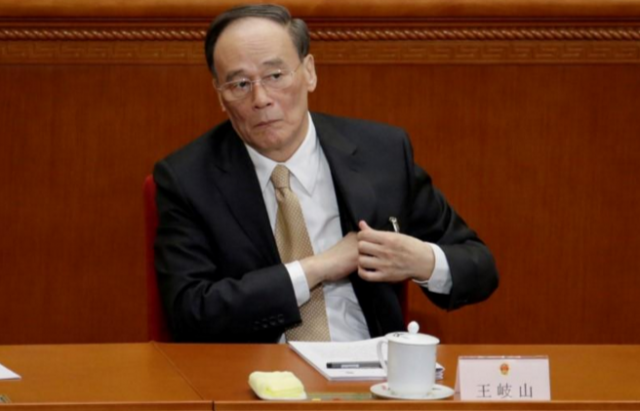
BEIJING – China must step up vigilance against plots to grab power, as political corruption is the worst form of corruption, Wang Qishan, the country’s still influential former top graft-buster, wrote on Tuesday.
Wang, a key ally of President Xi Jinping, stepped down in a leadership reshuffle last month at the end of the five-yearly Communist Party Congress, but could assume a new role, say sources with ties to the leadership, though an announcement might not come for a few more weeks.
As the feared head of the party’s anti-corruption watchdog for the past five years, Wang has spearheaded Xi’s battle on graft, overseeing the jailing of dozens of former top officials, including the domestic security chief, Zhou Yongkang.
China has rebuffed criticism that the corruption campaign is as much about settling political scores as about stamping out genuine criminal acts.
Writing in the party’s official People’s Daily, Wang said the fight against corruption went beyond battling the pilfering of assets or hedonism and was a political battle.
“Political corruption is the biggest corruption,” Wang wrote in comments drawn from a collection of essays released after the congress, but not previously published in full by state media.
The collection included pieces by former members of the Politburo Standing Committee, the height of power in China.
Aspects of political corruption include the formation of special interest groups to try and seize power, and the organization of activities outside party parameters, aimed at breaking party unity, Wang wrote.
“There are many new historical special characteristics to carrying on this great fight, the most important of which are to … prevent them from seizing political power and changing the party’s basic character,” he added.
Wang explicitly linked some of the most notorious cases to political crimes, mentioning not only Zhou but also the former party bosses of the southwestern city of Chongqing, Bo Xilai and Sun Zhengcai, two former top generals and a former top aide to retired president Hu Jintao.
In these cases, the party had “eradicated interest groups which mixed political and economic corruption”, Wang wrote.
Bo was jailed for life in 2013, while Sun was put under investigation for corruption in July.
There can be no challenges to the party’s power, Wang added.
“North, south, east, west and at the center, the party leads everything. If there is no forceful and strong leadership by the party, then the Chinese people are simply a loose plate of sand.”





